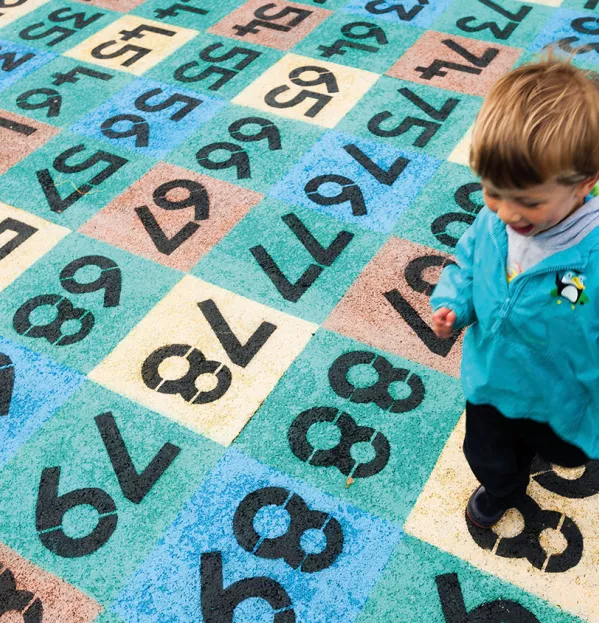Let me start this week by confessing that I am not an early years teacher. For some that will be a good enough reason to ignore what I have to say, so it’s best to get it out of the way early and let those readers move on.
For those sticking with me, I have a few thoughts about last Friday’s publication of the new proposed Early Learning Goals. It’s just a trial at this stage, only for 25 schools in the country, but clearly in publishing the new expectations, the Department for Education is setting out its stall on where it thinks things should go in the future.
For a start, let me point out my disappointment. When the revised ELGs were proposed back in September, as part of the review of primary assessment, the suggestion was that the number that had to be reported on would be reduced. I considered this to be welcome news, given the fact that Reception classes seem to be the one part of our schools that have so far been unaffected by efforts to reduce workload.
Having 17 separate judgements doesn’t seem helpful to me - particularly not when they are made using the broad emerging/expected/exceeding categories. Sadly, it seems that the changes have left us with 17 slightly different goals.
Inevitably, such a change has upset some people and pleased others. Despite my reservations about any assessment work emanating from the department, I’m broadly in favour of the changes proposed. In fact, there’s actually far less change than many people might have imagined. A few categories have been renamed, a few sentences moved from one goal to another, but for the most part, the same expectations.
‘I wish they’d been braver’
Where there are changes, many are positive. For example, while the focus in the Literacy strand is likely to be on phonics (which is fairly predictable), it’s great to see retelling stories as a central part of the Reading goal. The ability to recall a familiar story and tell it to someone else is pretty central to humanity, but also invaluable for children’s developing language and their future writing. I welcome any aspect that will encourage more reading - and talking about reading - into the curriculum for any age group.
I’m happy, too, to see nursery rhymes, songs and storytelling at the heart of the Performing goal. Many excellent Reception teachers will tell you that these activities are already at the heart of what they do - and quite rightly - so why not see these recognised as a desirable aim? Also, surely that’s got to be better than expecting children to use media and materials in original ways. What was that ever meant to mean anyway?
The big hoo-ha, though, has been reserved for maths. Perhaps because that’s where the most obvious change is. A whole section has been dropped, and it’s the removal of shape, space and measures that has caused the big upset. The arguments against seem to be that maths is more than just “number”. And I couldn’t agree more. But number is pretty central.
Without a good understanding of number, measures are pretty much impossible. I’d certainly prioritise the earliest number bonds over the need for children to use the language of capacity, and I’m sure most Reception teachers would already think it more important that children can recognise quantities up to five than worry about creating their own problems.
No, overall, it seems that the changes are largely positive; in fact, I only wish they’d been braver when it came to slimming down the expectations: it’s the one place where I’d like to see less when it comes to number.
Michael Tidd is headteacher at Medmerry Primary School in West Sussex. He tweets @MichaelT1979
